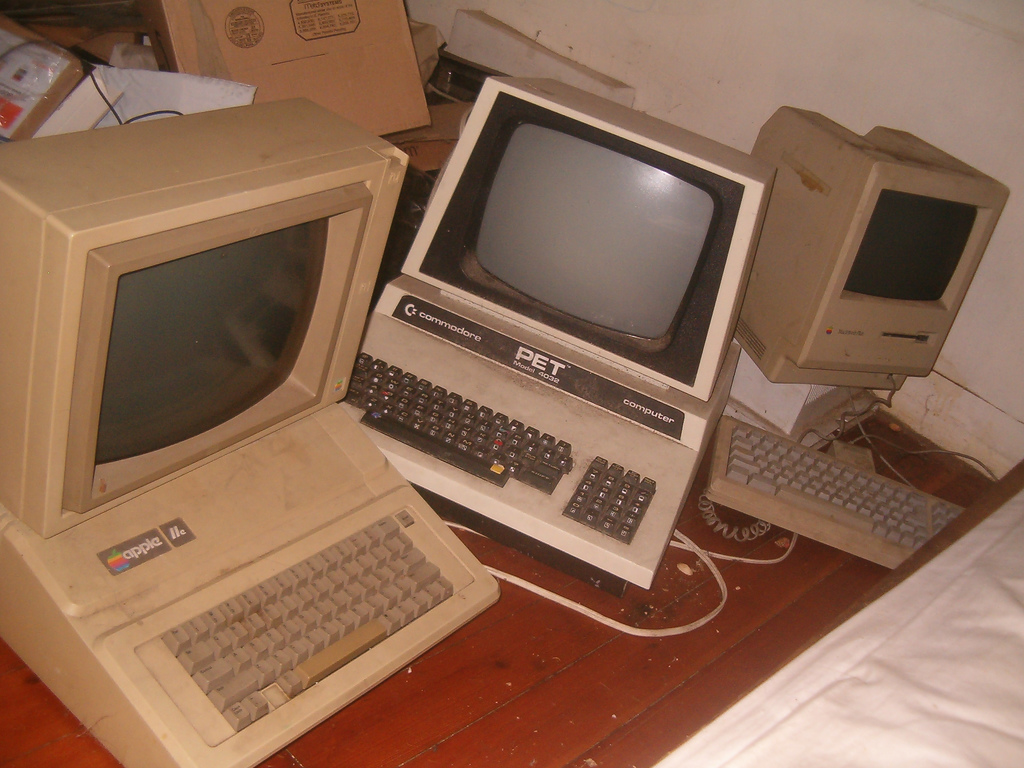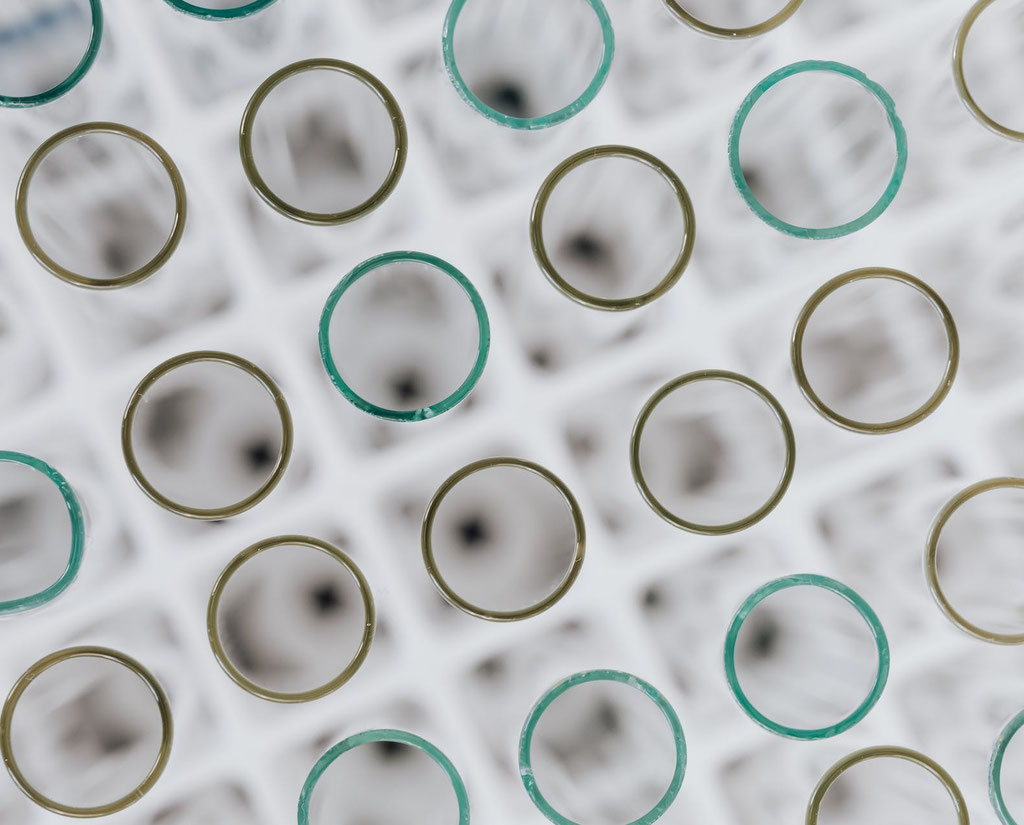
I seem to have a perpetual problem with laptops -- they just don't last. Since 2004 I've bought four laptops from four different manufacturers, various levels of quality (cheap to top of the line); sooner or later, something on them fails.
Once, a USB jack fried the motherboard (seriously). Another time, the computer overheated to failure just days after the extended warranty expired. I even bought a fifth, high-quality laptop used in that time, from a family member; after I sent it to a repair shop for a funny noise, the shop somehow destroyed the screen.
Technology just isn't built to last, and nowhere is that more apparent than watching an old movie. Think of Harrison Ford deleting files off a blue-screen computer when he was playing Jack Ryan (Clear and Present Danger, 1994). Or how advanced the technology appeared in Johnny Mnemonic (1995), when the main character had to carry a chip in his brain. Recently, ScreenCrush looked at the outdated technology of the first Mission Impossible movie (1996).
In one of the most memorable scenes from that film, Tom Cruise is trying to copy information from a computer on to a CD-ROM. The computer appears almost as wide as it was deep -- no flat-screens back then, let alone wide screens. The operating system he is using to copy the files over has clunky text that appears to be reminiscent of old MS-DOS programs. And as the article points out, hardly anybody had used the Internet back then either.
Planned obsolesence is everywhere. The phone you have in your pocket begins to have trouble running new apps when it is maybe two or three years old. The e-reader you bought isn't compatible with the newest software. And let's not even get started on computers, where full hard drives and graphic cards tend to push people over the edge into buying new ones -- that is, if the fan hasn't broken or the hard drive hasn't seized in that time.
While it's fun to get the latest and greatest thing, it's an expensive endeavour to keep up with the latest trends. For my laptops, I've easily spent thousands of dollars and hundreds of hours acquiring, setting up, attempting to repair and then finally selling in disgust in hope that the next generation will prove a little more reliable. For somebody who is at the poverty line, losing that computer would be even harder to recover from.

These computers from the 1980s are now little better than museum pieces. Credit: Wikimedia Commons
As a novelty, however, it can be possible to bring forward old technology into a newer era. This engineer managed to connect his 27-year-old Mac to the Internet in 2013. "Sure, it was slow as hell, but it worked! Data loaded, pages rendered, and links were clickable. Even forms sort of worked," wrote Jeff Keacher. "Did I mention it was slow? It was slow. Soooo sloooow. Slow slow slow. Like, minutes to read and render a page slow."
But the danger of technology is how quickly it fades, how fast our temptation is to pick up the latest iDevice, how much time we pour into making sure we keep our computers up to date. What is the right balance? It sure would be nice if the components on those laptops I bought lasted a little longer, for a start.
Have a great idea to extend computer life? Let us know by launching a HeroX challenge.
Top image: Wikimedia Commons








